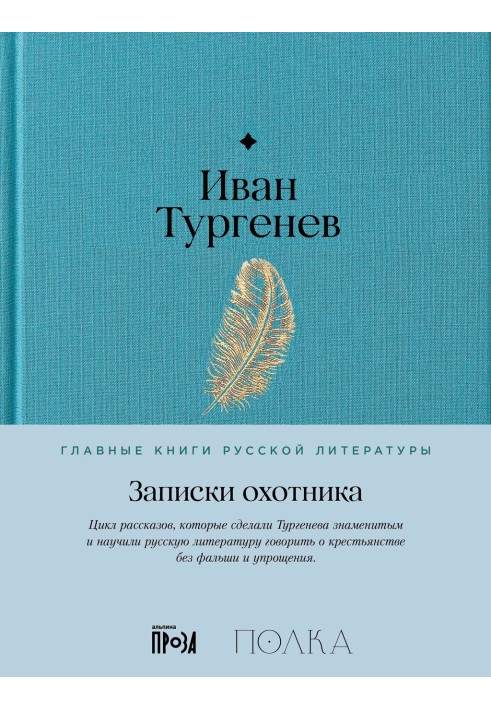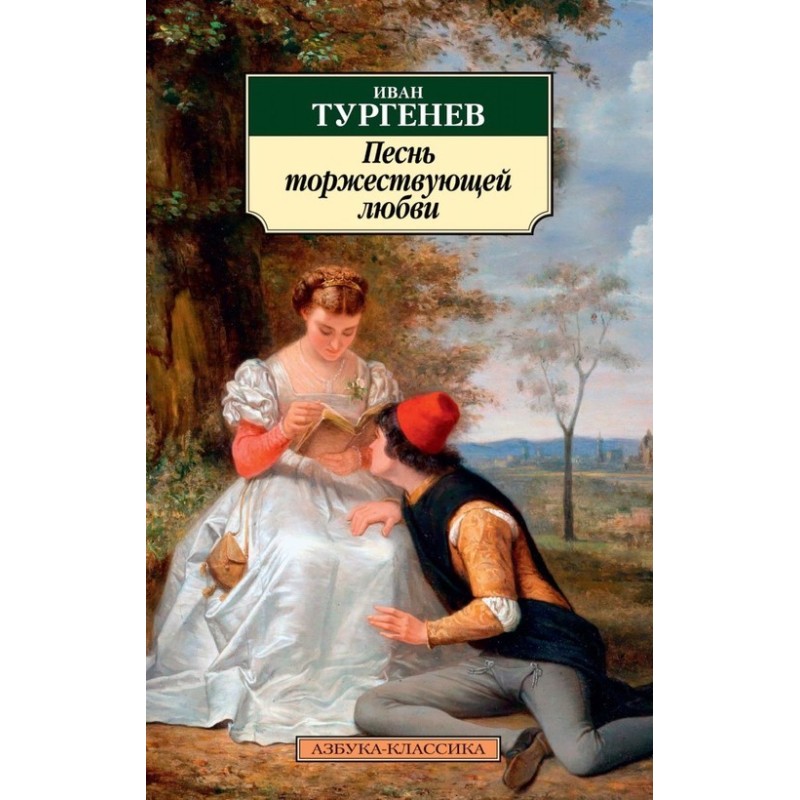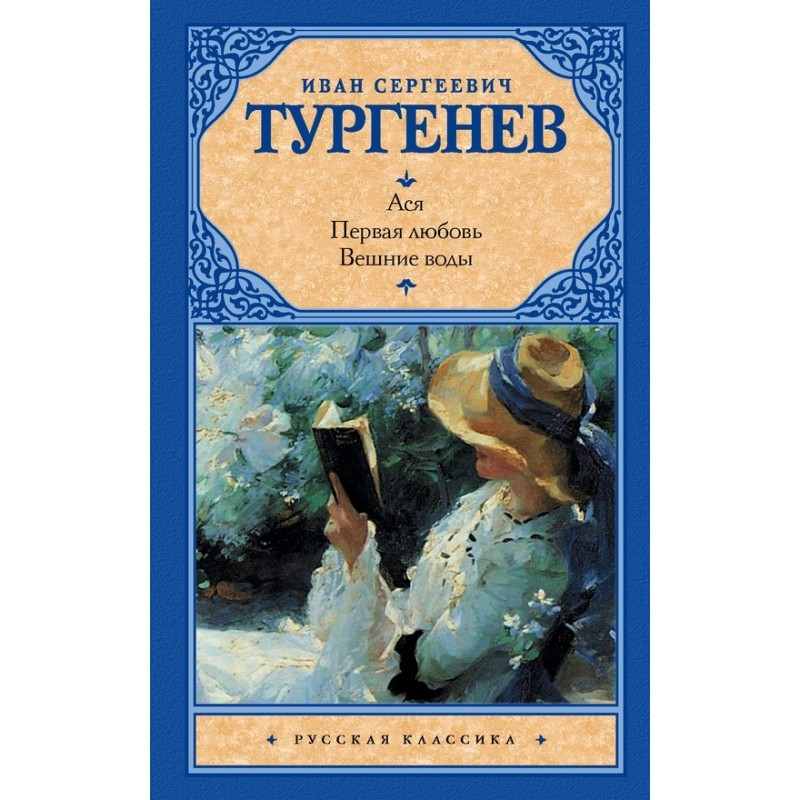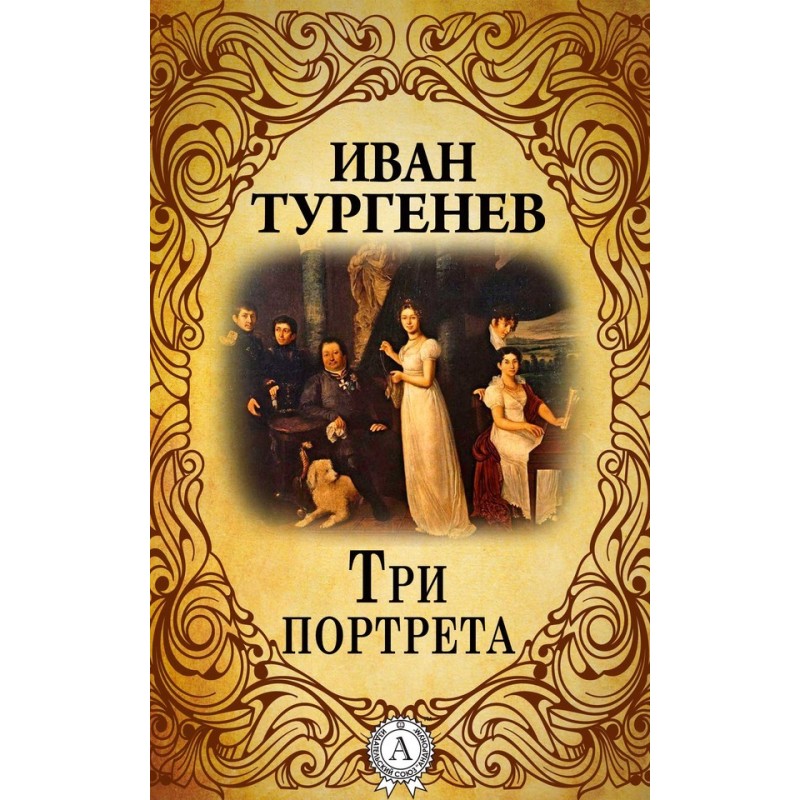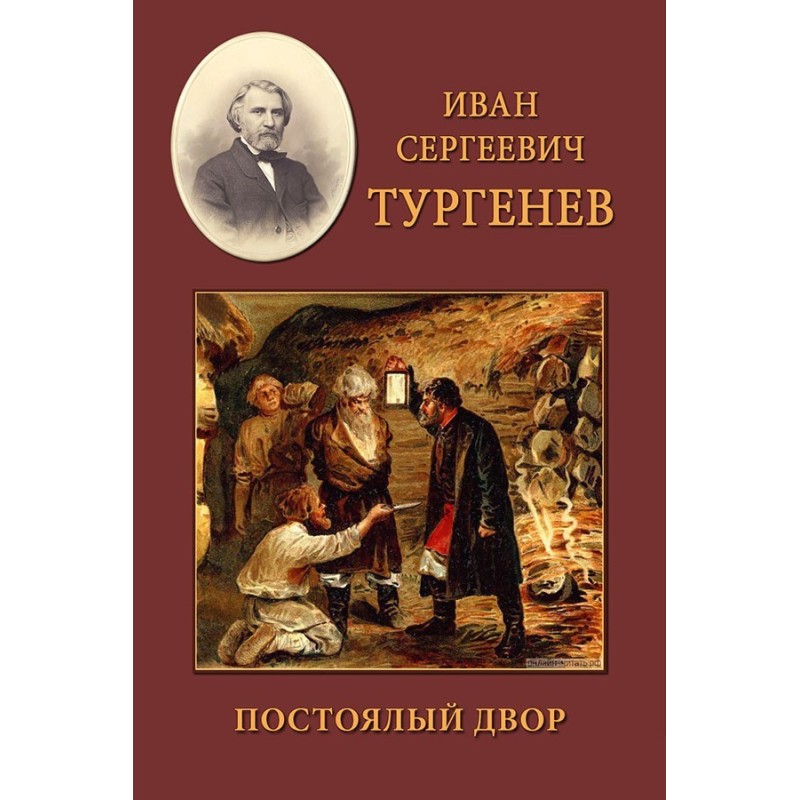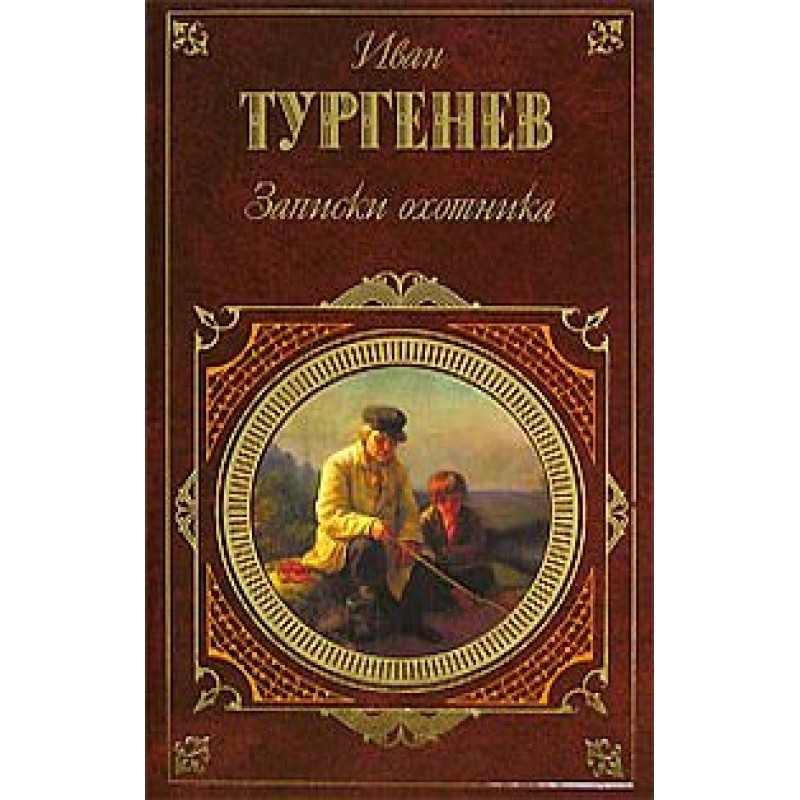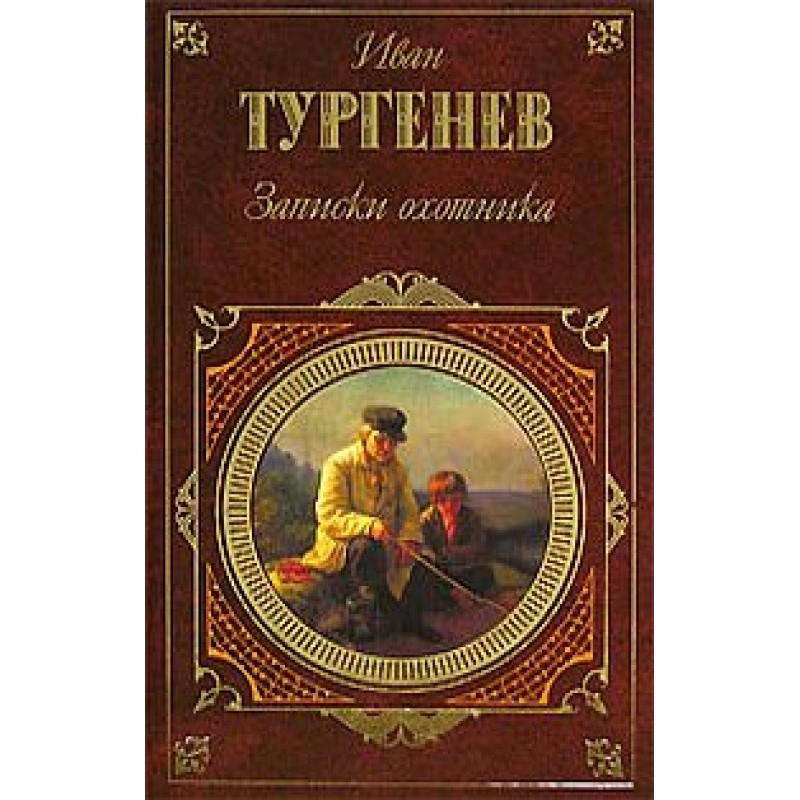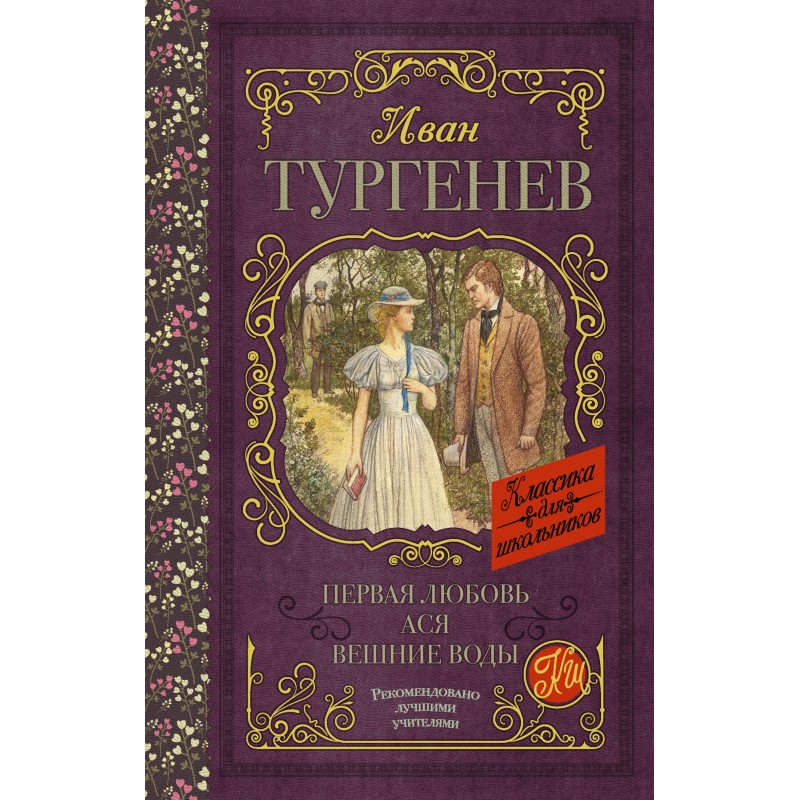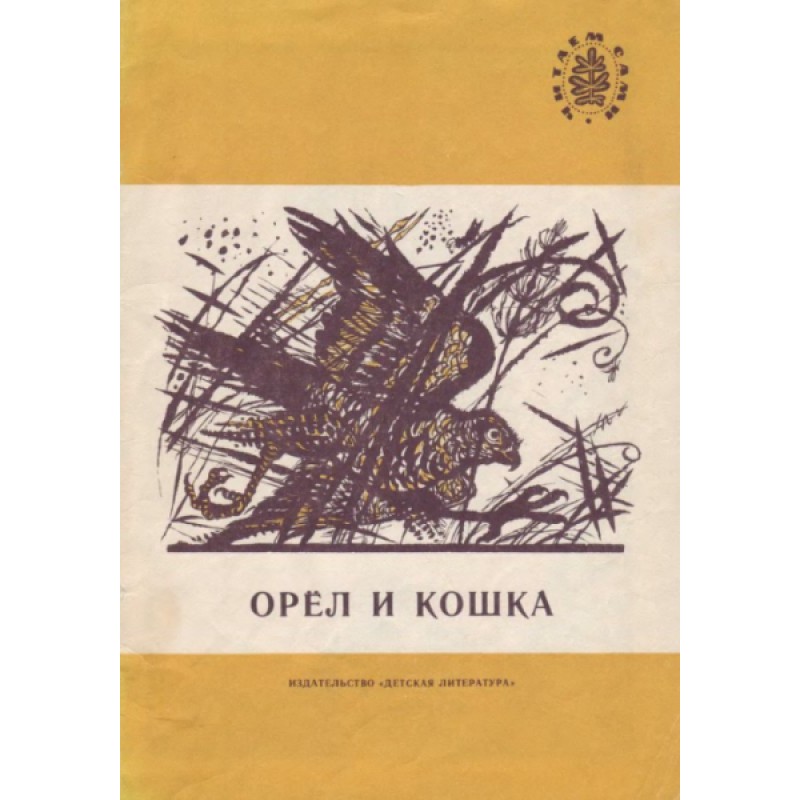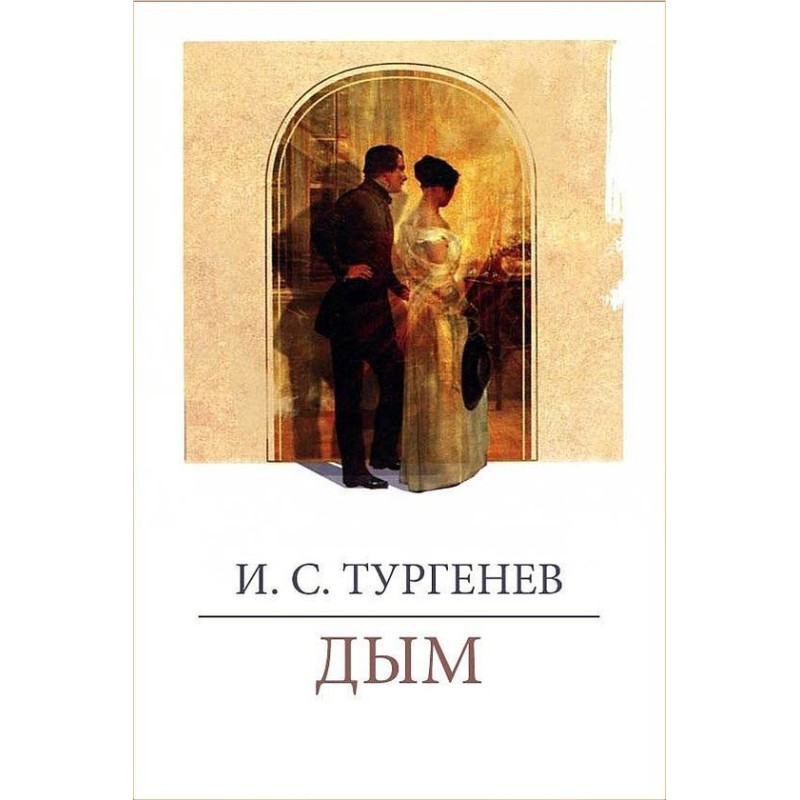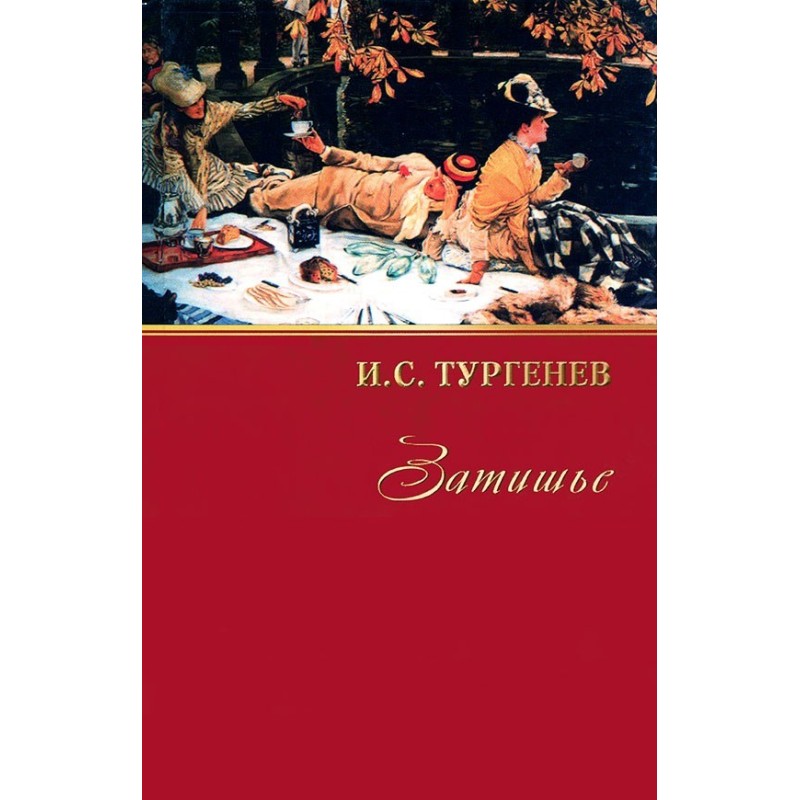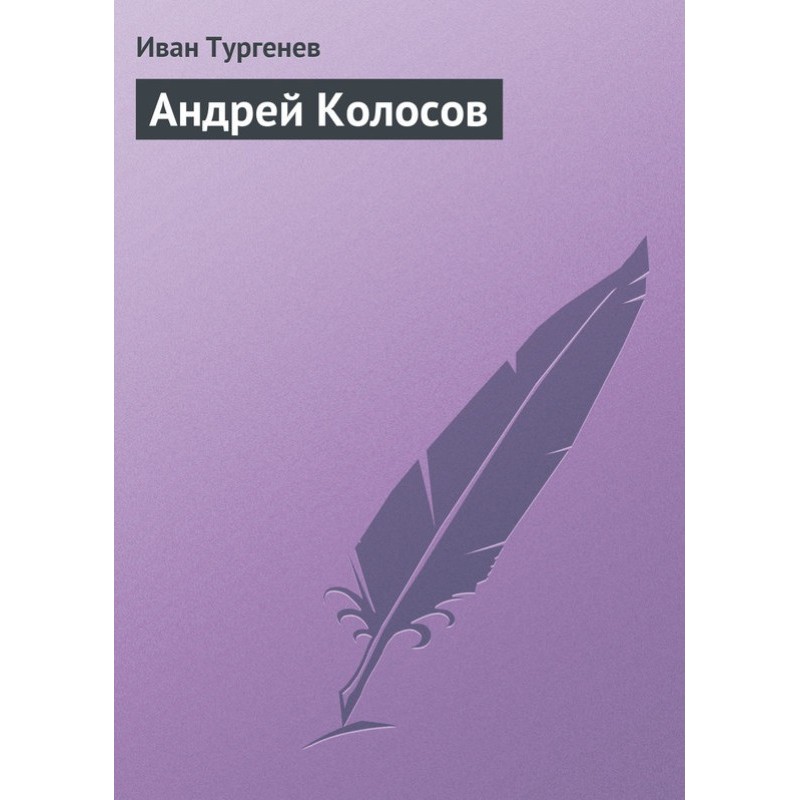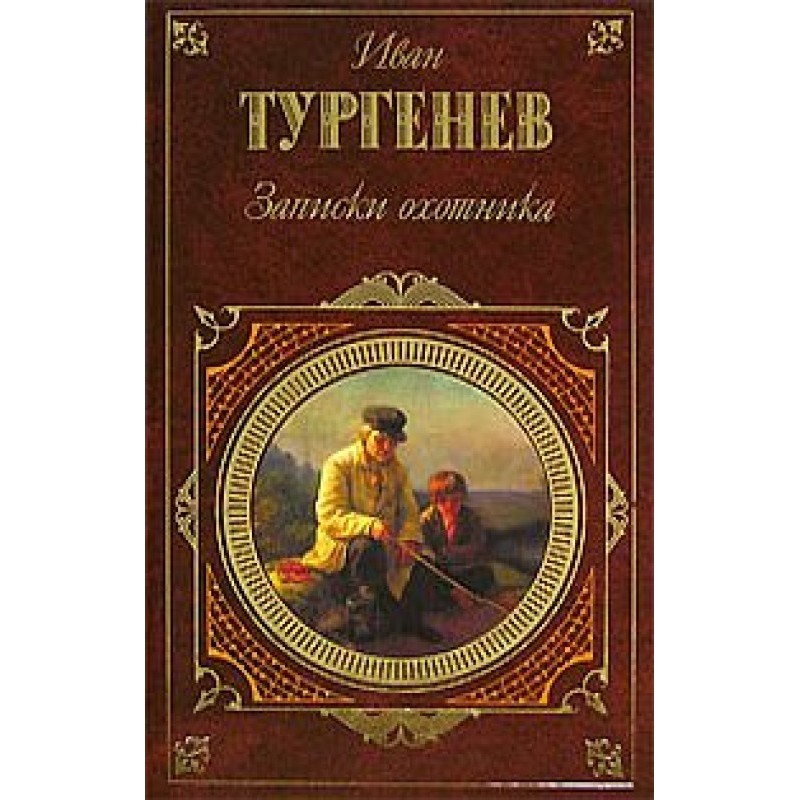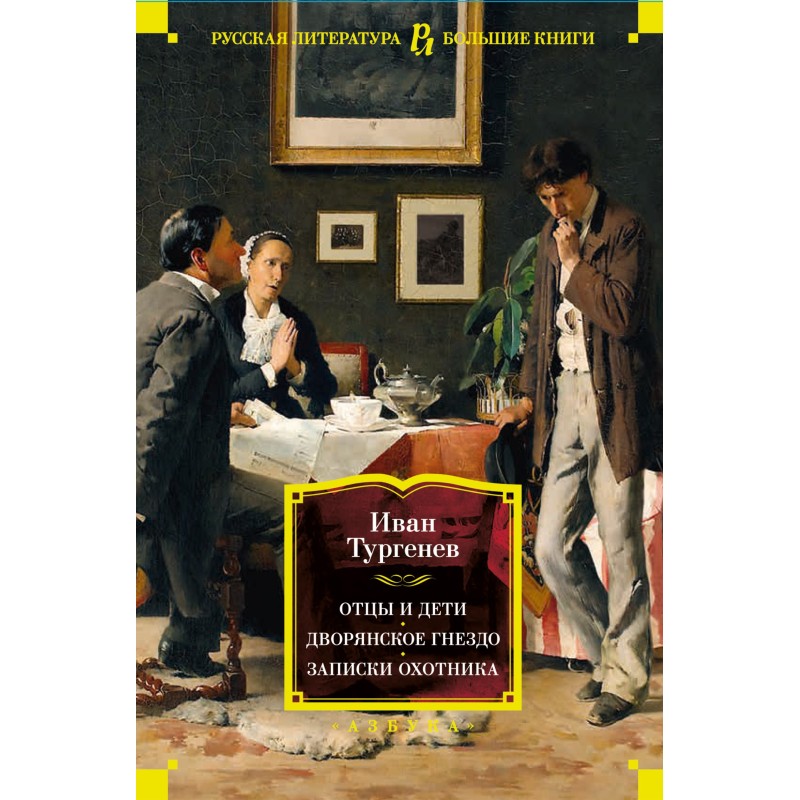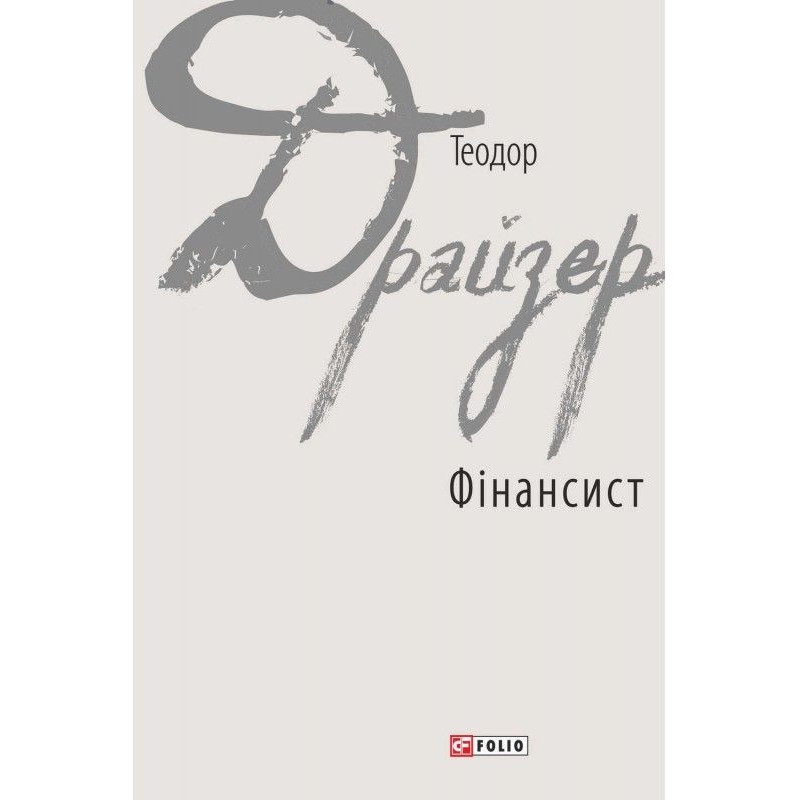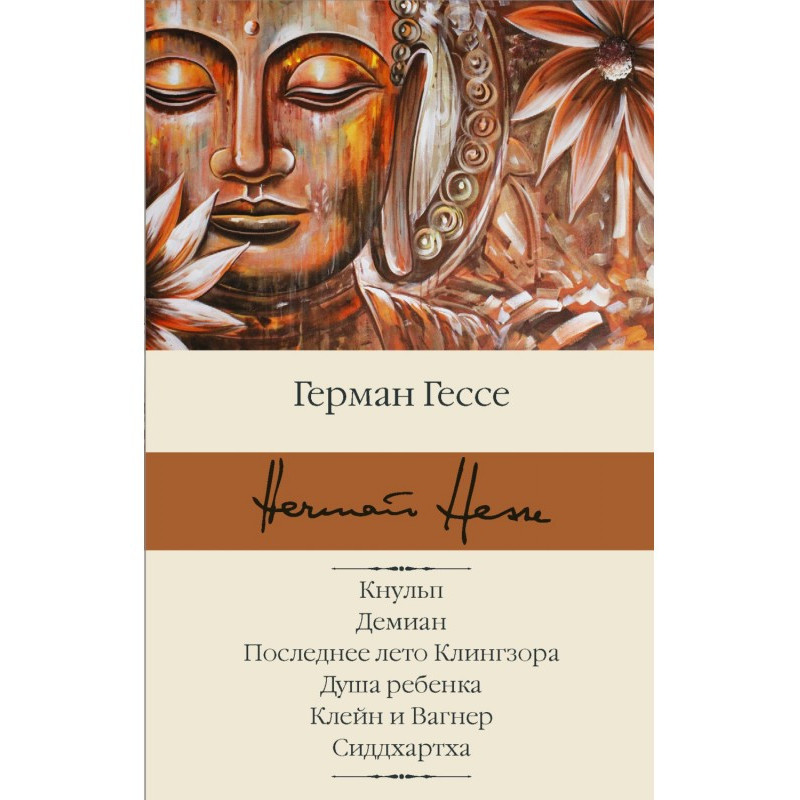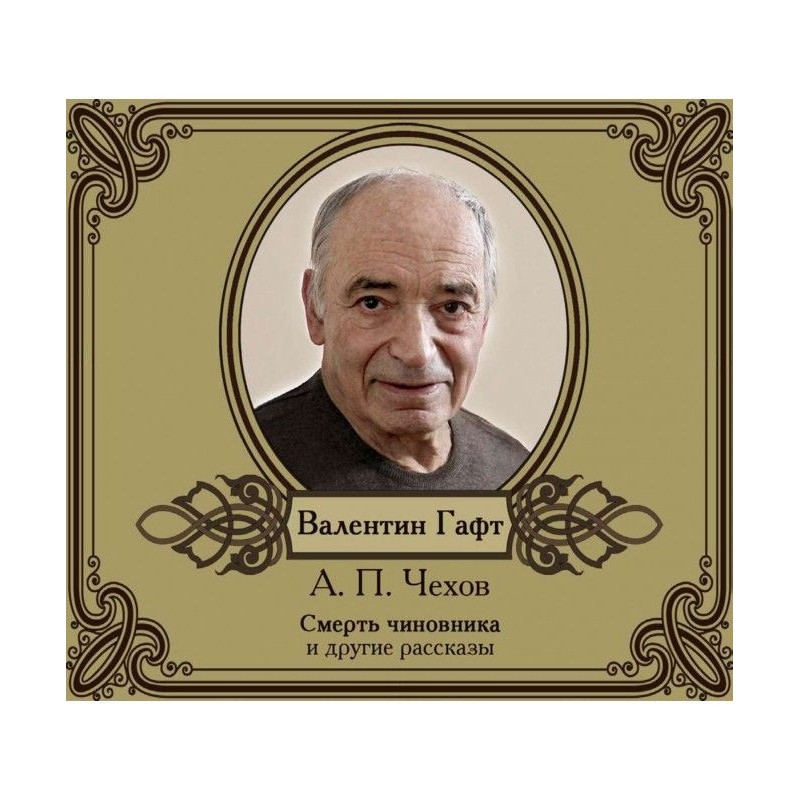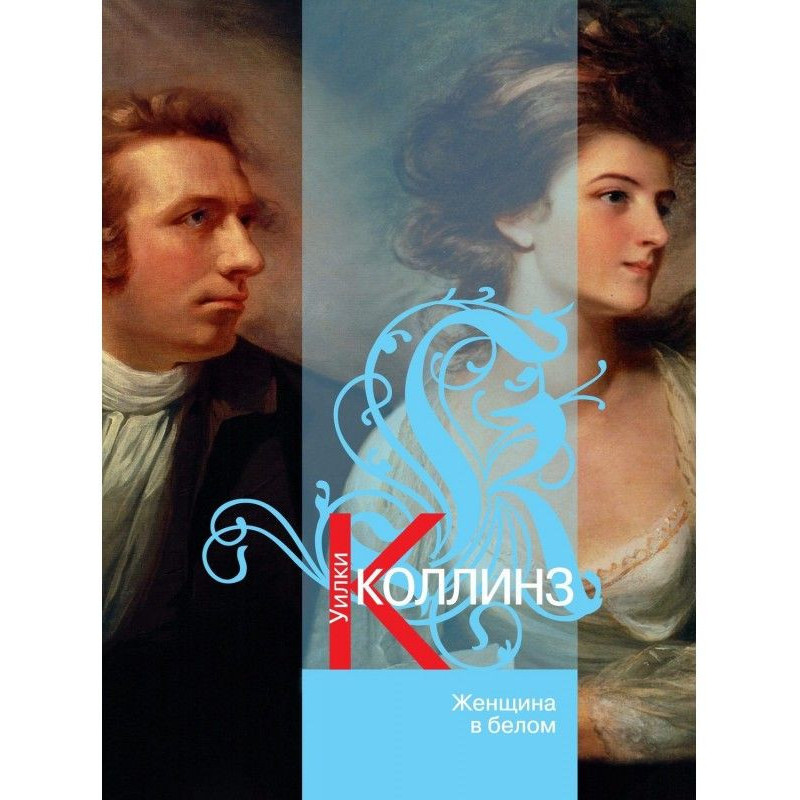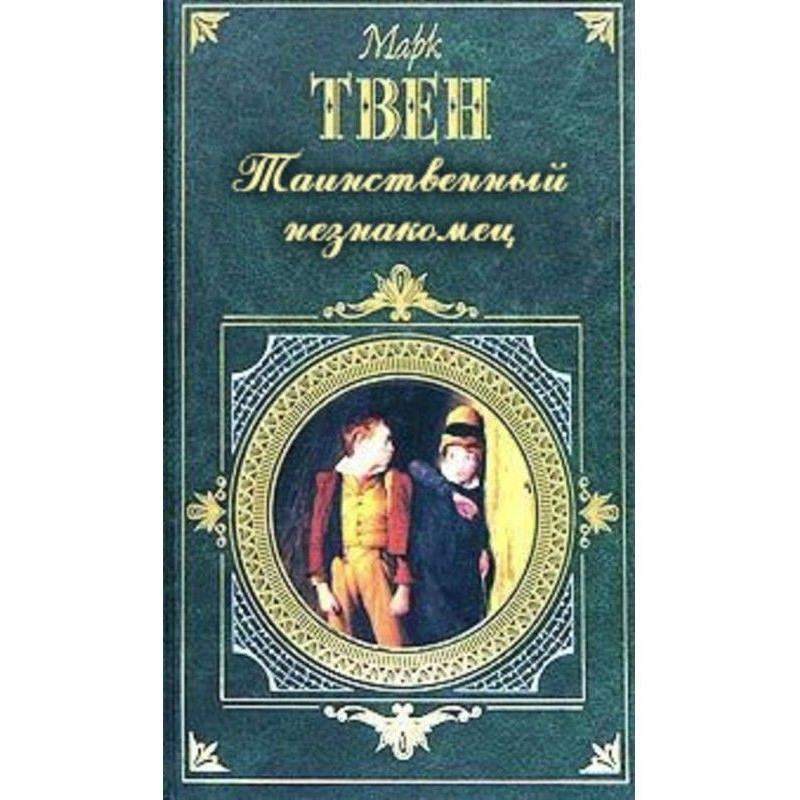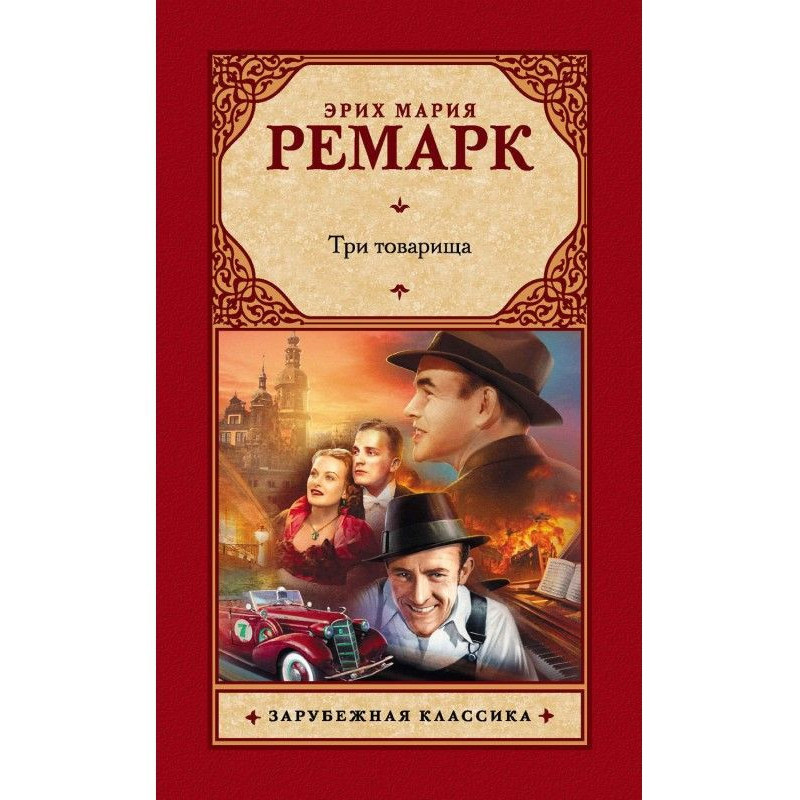Notes of a Hunter
 Instant download
Instant download
after payment (24/7)
 Wide range of formats
Wide range of formats
(for all gadgets)
 Full book
Full book
(including for Apple and Android)
A series of stories that made Turgenev famous and taught Russian literature to talk about the peasantry without falsehood and simplification. Features The author of the introductory article is Kirill Zubkov. The position of the hunter in Turgenev’s book is exceptional: he is the only educated person in the Western sense who easily gets along in the Russian province . Other people who understand, for example, German philosophy (this was a kind of calling card of Moscow students, including the young Turgenev), have no place in the Russian outback. This idea is most consistently carried out in “Hamlet of Shchigrovsky District” - the main character of this story absolutely ruthlessly proves that an excellent education not only does not help him, but also makes him a completely superfluous person in life. About the series “The Main Books of Russian Literature” - a joint series publishing house "Alpina" Prose" and the Internet project "Shelf". The works that appear in it are selected by modern writers, critics, literary scholars, and teachers. This is both an attempt to determine what the Russian literary canon looks like today, and a new look at famous works: each book is accompanied by a foreword by the authors of “The Shelf.”
Data sheet
- Name of the Author
- Иван Тургенев Сергеевич
- Language
- Ukrainian
- Release date
- 2024
Reviews
Вічна класика, що відкриває глибини російської душі
"Записки мисливця" Івана Тургенєва - це не просто збірка оповідань, а справжня подорож у світ селянського життя, яке автор описує з неймовірною щирістю та проникливістю. Кожна історія вражає своєю правдивістю, а персонажі, хоч і прості, стають носіями глибоких філософських ідей. Тургенєв вміло показує, як освіта та культурні знання можуть ставати перешкодою у спілкуванні з людьми, що живуть за межами міста. Особливо вражає оповідання "Гамлет Щигрівського повіту", де автор через призму головного героя демонструє, як знання можуть бути абсолютно безглузді, якщо вони не супроводжуються розумінням реального життя. Важливо також зазначити, що вступна стаття Кирила Зубкова додає нові відтінки розуміння творів Тургенєва, надаючи сучасний контекст класичним ідеям. Хоча переклад книги здійснено за допомогою штучного інтелекту, і в деяких місцях є незначні недоліки, загалом текст читається легко і приємно. Ця книга повинна бути в бібліотеці кожного, хто цінує російську літературу та прагне зрозуміти глибини національної ідентичності.

